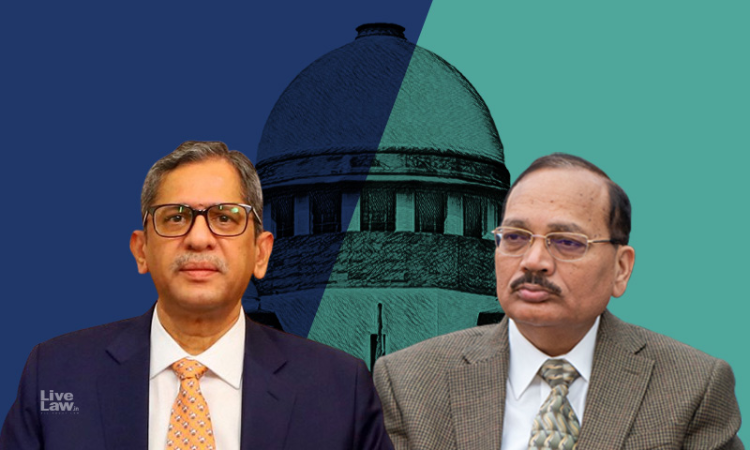The Supreme Court observed that merely having an explicit clause may not be sufficient to make time the essence of the contract.The contractual clauses having extension procedure and imposition of liquidated damages, are good indicators that 'time was not the essence of the contract', the bench comprising CJI NV Ramana and Justice Surya Kant observed in a judgment delivered on Saturday. The...

